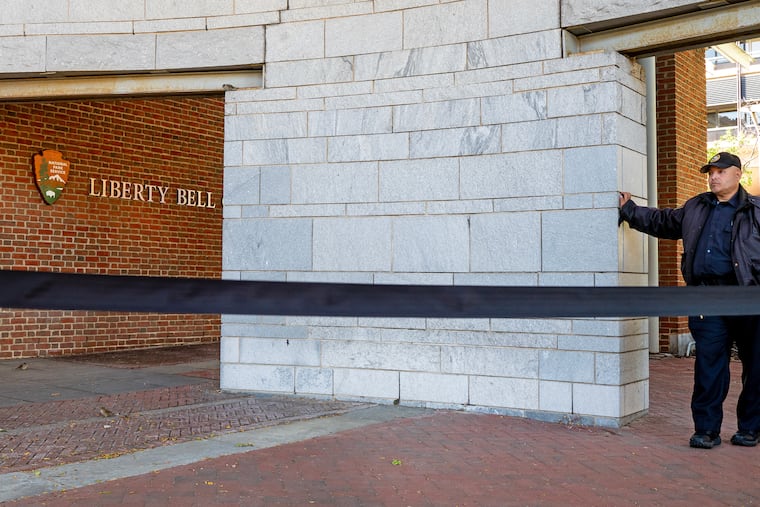Pennsylvania Senate Majority Leader Pittman Addresses SEPTA Funding in Recent Speech
Senate Majority Leader Joe Pittman addressed the Senate floor on Tuesday evening, discussing the recent developments surrounding the controversial mass transit funding bill. This legislative proposal has become a focal point of contention between Democratic and Republican lawmakers, with significant implications for transportation infrastructure across the state of Pennsylvania.
During his speech, Pittman emphasized the disparities faced by rural areas in Pennsylvania, articulating that the challenges confronted by these regions have been overlooked for too long. He asserted that urban areas, particularly Philadelphia, are beginning to experience the same feelings of neglect and disadvantage that have historically plagued rural communities. This perspective illustrates the widening chasm in priorities between urban and rural legislators.
The mass transit funding bill, a piece of legislation aimed at addressing the critical needs of Pennsylvania’s transportation system, encountered strong opposition from Democratic lawmakers. They express concerns that the bill could disproportionately benefit certain regions while ignoring the unique needs of urban public transportation systems. The rejection of the bill has sparked a heated debate among lawmakers and community leaders about the future of transportation funding in Pennsylvania.
Pittman’s remarks reflect a growing sentiment among some Republican legislators who advocate for increased investments in rural infrastructure. They argue that equitable funding for transit projects is essential for promoting economic development and enhancing the quality of life in less populated areas of the state. Supporters of the measure contend that adequate transit options are crucial for connecting rural residents to job opportunities and essential services.
As the state grapples with the complexities of transportation funding, the discussion surrounding this bill highlights the divergent priorities of its lawmakers. The ongoing debate underscores a critical moment for Pennsylvania’s infrastructure, with potential long-term effects on both urban and rural communities.
The outcome of this legislative proposal will likely have lasting implications for the state’s transit systems, shaping not only how residents navigate their daily lives but also influencing the economic landscape of Pennsylvania for years to come. As stakeholders continue to advocate for their respective interests, the conversation around transportation funding remains a pressing issue within the state’s political arena.
Media News Source







